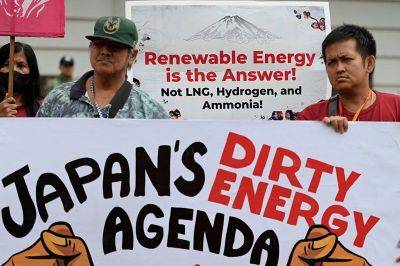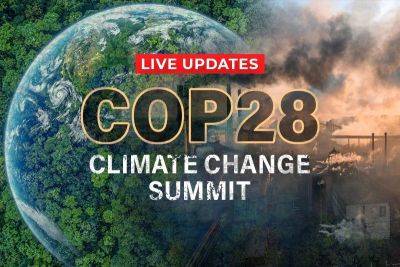How climate change threatens agriculture
PARIS: From the worst drought in forty years in the Horn of Africa to record-breaking heatwaves in Argentina, extreme weather prompted by climate change is threatening to disrupt global agriculture, even in temperate zones previously spared.
Food insecurity
Agriculture is both a cause and a victim of global warming.
It represents nearly a quarter of global greenhouse gas emissions — largely from livestock and fertilizers.
But at the same time, increased temperatures, changing precipitation patterns and greater frequency of extreme weather events are putting food security at risk, according to the Intergovernmental Panel on Climate Change (IPCC).
In their most recent assessment of climate change, IPCC scientists projected that as many as 80 million people were at risk of hunger by mid-century, mainly in Sub-Saharan Africa, South Asia and Central America.
Warmer temperatures contribute to increased severity and frequency of droughts.
In Ethiopia, Somalia and Kenya, «five consecutive below-average rainy seasons left 23.4 million people acutely food insecure,» revealed a World Food Program report in July.
The drought decimated livestock herds and reduced the local food supply, which in turn caused food prices to skyrocket.
Then, after years of drought, heavy flooding hit parts of Somalia and Kenya in November, threatening to exacerbate the food crisis.
In Argentina, crops were the least healthy in 40 years after drought and record-breaking temperatures severely impacted wheat and soybean harvests, the World Weather Attribution (WWA) group said earlier this year.
In the latest growing season, Argentina saw a 30 percent drop in corn output, its lowest volume since 2015. And while wheat production rose 20 percent, it remained lower than normal, according to the US Department of Agriculture.
But weather events and their impacts on crops can be difficult to link directly to climate change.
According to the WWA, the record-breaking heat in Argentina was roughly 60 times more likely as a result of climate change. But while the heat exacerbated the impact of the drought on agriculture, the group could not confidently «attribute the low rainfall to climate change.»
Climate change is







